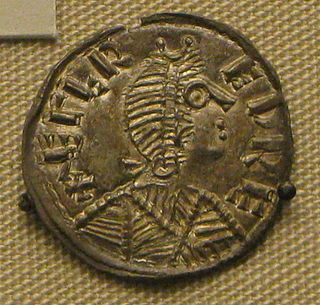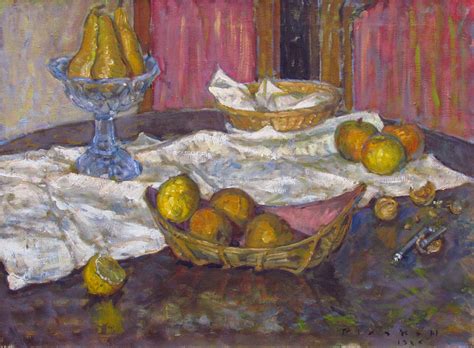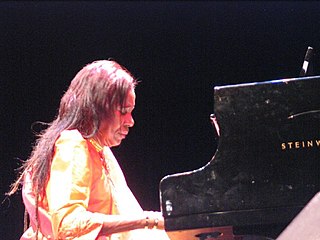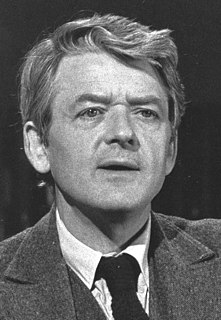A Quote by Alfred Lord Tennyson
For I dipped into the future, far as human eye could see, Saw the Vision of the world, and all the wonder that would be.
Related Quotes
For I dipt into the future, far as human eye could see,
Saw the vision of the world, and all the wonder that would be;
Saw the heavens fill with commerce, Argosies of magic sails,
Pilots of the purple twilight, dropping down with costly bales;
Heard the heavens fill with shouting, and there rain'd a ghastly dew,
From the nations' airy navies grappling in the central blue.
tis woman's strongest vindication for speaking that the world needs to hear her voice. It would be subversive of every human interest that the cry of one-half the human family be stifled. ... The world has had to limp along with the wobbling gait and one-sided hesitancy of a man with one eye. Suddenly the bandage is removed from the other eye and the whole body is filled with light. It sees a circle where before it saw a segment. The darkened eye restored, every member rejoices with it.
Do not be afraid to love. Remember dear old Don Quixote, viewing the world with love. He saw many beautiful things no one else saw. Try being dear Don Quixote for a day. You'll see that love improves your vision and allows you to see more than your eye has ever seen before. But be forewarned: Those who look on the world with love will need a handkerchief, not to use as a blindfold, but to blow their nose and dry their tears.
I had always made pictures as I thought I saw the world, focusing on what lay in front, but this is not how one sees the world. It only frames the centre and cuts off the lateral vision, which lies unfocused. Now I found that I could turn my eye to the adjacent field of vision, seeing another focus, an extension which I added to the original. Instead of stopping at two focuses, I looked further to the side, adding another and yet another.
If you could only see the vision I have. I wish I had your bodies to do this work. I would run from house to house telling everyone of the gospel, and after I lost strength to run I would begin to walk, and after I collapsed from walking, I would begin to crawl, and after my knees were so bloody that I could not use them I would use my arms to drag myself, and once my muscle in my body was gone I would begin to yell…oh, only if you could see the vision as I have.
Out of the corner of one eye, I could see my mother. Out of the corner of the other eye, I could see her shadow on the wall, cast there by the lamplight. It was a big and solid shadow, and it looked so much like my mother that I became frightened. For I could not be sure whether for the rest of my life I would be able to tell when it was really my mother and when it was really her shadow standing between me and the rest of the world.
On the outside, Oscar simply looked tired, no taller, no fatter, only the skin under his eyes, pouched from years of quiet desperation, had changed. Inside, he was in a world of hurt. He saw black flashes before his eyes. He saw himself falling through the air. He knew what he was turning into. He was turning into the worst kind of human on the planet: an old bitter dork. Saw himself at the Game Room, picking through the miniatures for the rest of his life. He didn't want this future but he couldn't see how it could be avoided, couldn't figure his way out of it. Fukú.
The interesting scope of Mark Twain's development as a human being is that he grew. He saw, he travelled, he studied this country and later the world with the eye of a man educating himself. This is a central fact in the Mark Twain legacy. He became an American spokesman for the ideals of racial equality and dignity for the working man because he was willing to look the world in its face and see, really see what was happening to the people in it.







































